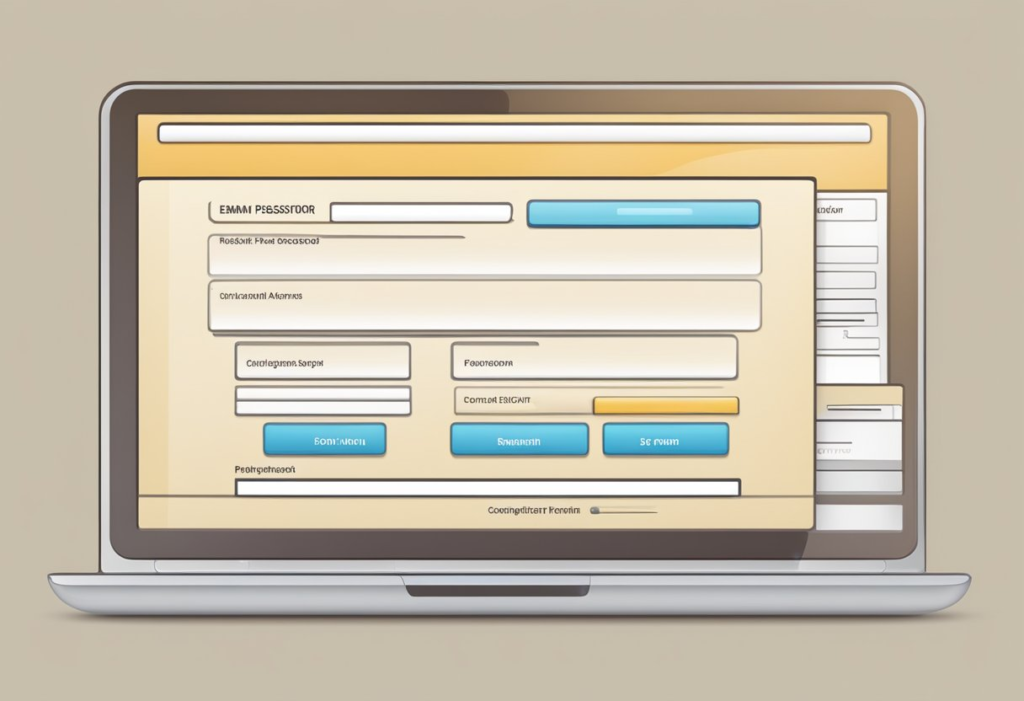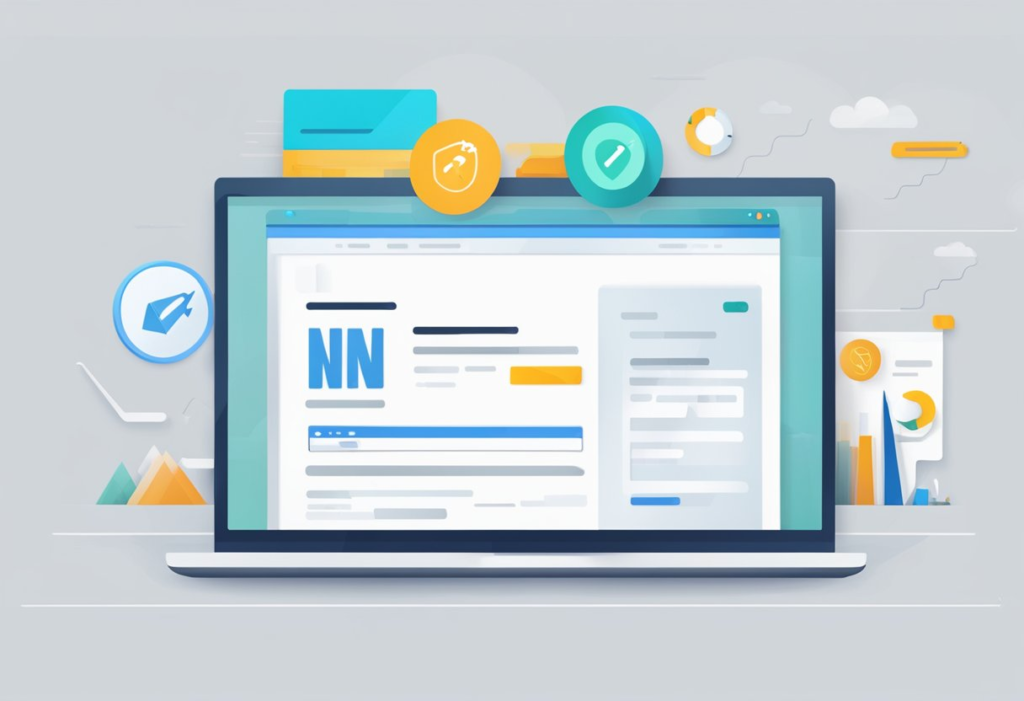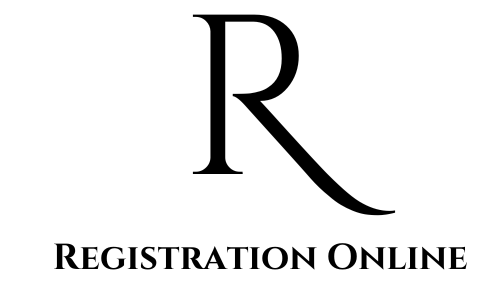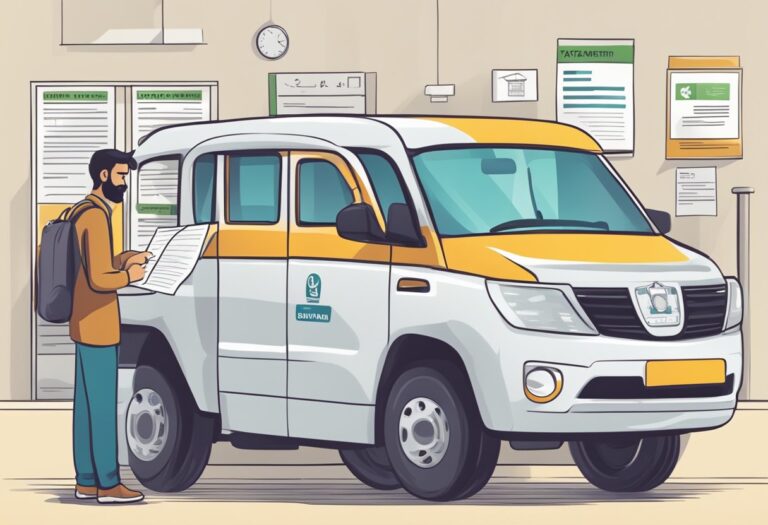NSER Registration Check by CNIC
Checking eligibility and registration status for the National Socio-Economic Registry (NSER) is a process that can be efficiently managed through the use of an individual’s Computerized National Identity Card (CNIC). The NSER, which underpins various social welfare programs including the Benazir Income Support Programme (BISP), plays a critical role in identifying and assisting the underprivileged segments of society. Through the NSER registration check by CNIC, individuals can discern their entitlement for support initiatives swiftly and transparently.
The process is designed to be straightforward, allowing citizens to access their registration information online with ease. By providing their CNIC number, they can determine whether they are included in the database, which is imperative for qualifying for various socio-economic support programs. The online system not only streamlines the verification process but also ensures greater accessibility for all applicants wishing to verify their registration for NSER 2024.
In addition to online verification, there are alternative methods available for checking NSER registration, including SMS services that cater to those with limited internet access. This multi-faceted approach is emblematic of the program’s commitment to inclusivity, ensuring that the process for checking registration status is available to as many beneficiaries as possible.
Overview of NSER and BISP
The National Socio-Economic Registry (NSER) is an initiative by the Pakistani government aimed at creating a comprehensive database to identify and categorize households based on socio-economic conditions. Its primary purpose is to facilitate various social protection programs by ensuring that financial assistance is targeted towards the most vulnerable segments of society.
The Benazir Income Support Program (BISP), named after the late Prime Minister Benazir Bhutto, operates as one of Pakistan’s key social safety nets. BISP provides monetary support to low-income families, particularly aiding women, to combat poverty and to empower them financially. The program relies on the NSER for identifying eligible beneficiaries based on their socio-economic status.
To check eligibility or update information, individuals can use their Computerized National Identity Card (CNIC) through the NSER Registration Check. This online verification process is a step from the Pakistani government to maintain transparency and streamline the provision of social protection services.
In essence, NSER and BISP are intertwined; one serves as an information reservoir for the Pakistani population while the other uses this data to distribute financial aid effectively. Together, these frameworks embody the government’s commitment to uplift and support the underprivileged communities across Pakistan.
Eligibility Criteria for NSER Registration

The National Socio-Economic Registry (NSER) serves as the foundational eligibility database for various social welfare programs designed to assist those in poverty. To determine eligibility, the NSER focuses on systematic assessments of income and assets as well as a comprehensive demographic profile of families.
Income and Assets Assessment
The NSER registration process requires detailed scrutiny of a family’s income and assets to ensure support reaches the deserving. Eligibility for the program is contingent upon the household income falling below a specified poverty threshold. Current economic markers, such as earnings from employment and business, agricultural yield, and any additional sources of income are meticulously evaluated. Assets, which include property, livestock, vehicles, and other tangible resources, are equally appraised to ascertain the economic standing of applicants.
Family Members and Demographics
Demographic details regarding family members play a crucial role in determining eligibility status. This includes the number of dependents, age distribution, and special-needs individuals within a household. The NSER survey seeks to capture a full spectrum of demographic data to identify families most in need of assistance. Specific attention is given to families with a higher ratio of dependent members, as they are more likely to require financial aid.
NSER Survey and Enrollment Process

The NSER Survey and Enrollment Process is a government-led initiative to ensure economic support reaches the most vulnerable in Pakistan. Encompassing 154 districts, this comprehensive procedure involves meticulous data collection to identify eligible beneficiaries accurately through various sophisticated methodologies, including a dedicated online portal for the year 2024.
Data Collection in Districts
In their endeavor to create an inclusive welfare system, the Government of Pakistan undertakes data collection across 154 districts. These efforts are part of the Benazir Income Support Programme (BISP) and are critical to developing a robust NSER survey database. Trained enumerators visit each district, equipped with digital devices running the NSER House-to-House APK, to record pertinent socio-economic data.
House-To-House Methodology
The house-to-house methodology signifies a door-to-door approach that avails the survey team’s physical presence at the residence of potential enrollees. This ensures the collection of firsthand, reliable information while also facilitating the people who may be less tech-savvy or otherwise unable to participate in the NSER survey online registration.
NSER Survey Online Registration Steps
For the online registration, individuals follow a clear, step-by-step process:
- Visit the official NSER registration page.
- Input CNIC Name and roll number to initiate the process.
- Follow subsequent prompts to provide additional information as required.
- Verify and submit the registration form.
The online registration 2024 framework is designed to be user-friendly, allowing ease of access and efficient self-enrollment into the NSER database.
Checking NSER Registration Status Online

Individuals can ensure their inclusion in the NSER database and verify their eligibility for various social assistance programs using distinct methods designed for accessibility and convenience.
NSER Registration Check via CNIC
To conduct an NSER registration check by CNIC, individuals need to provide their Computerized National Identity Card (CNIC) number. This is carried out online through the official NSER or Ehsaas program websites. Upon entering their CNIC number, applicants can instantly view the status of their registration and confirm if they have been included in the National Socio-Economic Registry necessary for assistance programs.
Using the 8171 SMS Service
An alternative to online verification is utilizing the 8171 SMS Service. Applicants can send a text message with their CNIC number to the number 8171 from their mobile phones. Shortly after sending the SMS, they will receive a return message that indicates whether their NSER registration is active or if further steps are required to finalize their enrollment in the NSER database.
Online Portal Access and Navigation
For detailed online registration check, individuals may access the dedicated portal at ehsaas.nadra.gov.pk. The portal requires individuals to navigate through the verification section, where they must enter their CNIC number securely. Upon submission, comprehensive registration status, including the current application stage and any next steps, is displayed, providing transparency in the registration process.
Ehsaas Program and Its Connection with NSER
The Ehsaas Program is a comprehensive social safety net initiative by the government, aiming to provide financial support to the underprivileged. The National Socio-Economic Registry (NSER) plays a crucial role in identifying eligible beneficiaries for various Ehsaas initiatives.
Ehsaas Kafalat Program 2024 Details
Ehsaas Kafalat Program 2024 is a significant segment of the Ehsaas initiative that offers financial aid to low-income families. In 2024, the program ensures that financial support reaches those identified by the NSER as the most deserving through biometric verification. Families enrolled in the program receive stipends enabling them to cover basic financial needs.
Cash Transfer Benefits
The core benefit of the Ehsaas program is providing cash transfers to alleviate poverty. These cash transfers are disbursed directly to the beneficiaries, primarily women, to empower them financially and promote inclusivity in economic activities. The NSER database ensures that the money reaches only those who meet the stringent criteria for eligibility.
How to Access Ehsaas Centers
Beneficiaries looking to access services should visit their local Ehsaas centers. These centers facilitate the enrollment and updating of beneficiary information through the NSER survey. Individuals wishing to check their status can send their Computerized National Identity Card (CNIC) numbers to a designated SMS code to ascertain their eligibility before proceeding to an Ehsaas center for enrollment or service access.
Understanding the Impact of NSER on the Community
The National Socio-Economic Registry (NSER) is instrumental in harnessing data to tackle poverty and adapt to economic challenges in Pakistan. Its accurate and comprehensive database is pivotal in structuring social protection programs that directly affect various communities.
Poverty Alleviation Initiatives
The NSER plays a crucial role by identifying individuals and households in need of assistance, enabling the government to direct poverty alleviation initiatives such as monthly stipends to the most vulnerable. By providing a clear picture of the income status of individuals across villages and urban centers, the registry aids in determining who qualifies for social safety nets, thus ensuring that support reaches the right beneficiaries.
- Villages: Targeted by data-driven interventions to improve living standards.
- Income Status: Enumerated to prioritize aid delivery.
- Monthly Stipend: Disbursed to alleviate financial stress on low-income families.
These steps are key in mitigating the rising cost of living and combating inflation challenges that disproportionately affect the poor.
Economic Challenges and NSER Response
Amidst escalating expenses and inflation, the NSER’s response includes updating its data to reflect the shifting economic realities faced by communities. This updated information ensures that social protection schemes remain relevant and effective. For instance, Ehsaas Program’s CNIC check online facilitates easy eligibility verification for benefits, aligning aid with current needs precipitated by economic shifts.
- Rising Cost of Living: Monitored to adjust social safety nets accordingly.
- Inflation: Countered by timely updates to benefit allocations.
- Social Protection: Strengthened through data relevancy and responsive aid distribution.
By dynamically responding to economic changes, NSER fosters a resilient social support system that helps buffer communities against financial hardship.
Documentation and NSER Enrollment Requirements
For individuals seeking to enroll in the National Socio-Economic Registry (NSER) or the Benazir Income Support Programme (BISP), it is essential to provide accurate documentation. These documents play a crucial role in verifying eligibility and ensuring that aid reaches the intended recipients.
Required Documents for Registration
Individuals must present specific required documents when registering for NSER to establish identity and residency. These documents typically include:
- Computerized National Identity Card (CNIC) or B-form for minors
- Proof of residence, such as a utility bill or rental agreement
- Contact information, including a current mobile phone number
The NSER registration process requires these documents for a comprehensive socio-economic survey that determines eligibility. The survey registration is conducted online and can be tracked via CNIC, ensuring transparency and accessibility.
Required Documents for Kafalat Program
For the BISP Kafalat Program, which aims to provide financial support to the poorest and most vulnerable, the documentation criteria include:
- Valid CNIC, as the program targets adult family members, primarily women
- Family details, including the number of dependents and schooling information for the Benazir Taleemi Wazaif registration
Meeting the eligibility criteria is crucial, and the documentation aids in identifying qualifying households. The Kafalat Program relies on the NSER database for identifying beneficiaries, hence the importance of accurate survey registration and document submission.
District-Specific Information and Registration
The National Socio-Economic Registry (NSER) registration process varies by district, with some areas having initiated the program and others poised to follow. Here is a detailed look at the registration process in specific districts.
Bahawalpur and Chakwal Districts
In Bahawalpur and Chakwal, residents can verify their NSER registration status by providing their Computerized National Identity Card (CNIC) number via SMS to 8171. Alternatively, individuals may apply online to check their eligibility for the program. Bahawalpur and Chakwal are part of the initial phase, with efforts to expand outreach.
Faisalabad and Thatta Districts
For Faisalabad and Thatta districts, NSER registration is focused on ensuring the efficient enrollment of eligible citizens. Faisalabad residents are encouraged to utilize the online platform for registration verification by entering their CNIC number, while in Thatta, the registration details can be confirmed via an SMS service.
Layyah and Other Relevant Districts
In Layyah, NSER registration forms are readily available to the public. Interested applicants must submit the completed form alongside the necessary documents. This process is indicative of the approach in the other relevant districts such as Lucky Marwat, Naseerabad, Hurry Pur, Sukkhar, Keech, Mohmand, Charsada, Qillah Saifullah, Sajawal, and Jekababad. Each district has designated centers or online services for registration verification and support.
Technical Support and NSER Helplines
When seeking assistance for NSER registration or checking your status through CNIC, multiple support channels are available to assist you, including helplines and online resources that guide you through the process.
NSER Helpline Services
The Benazir Income Support Programme (BISP) operates a dedicated helpline for inquiries related to NSER registration and checks. Individuals can reach this service by dialing 0800-26477 or sending a text message to 8171 with their CNIC number to receive information about their BISP 8171 result 2024. This service operates during standard business hours, from Monday to Friday, 9:00am to 5:00pm.
Common Issues and Resolutions
Many users encounter similar issues during the registration process or when checking their NSER status online. Common queries include:
- Invalid CNIC Details: Ensure that the CNIC number entered matches the official documents precisely.
- Registration Status Unknown: Sending a CNIC number to 8171 can often provide clarity on registration status within the Ehsaas Kafalat Program.
Users experiencing technical problems can also refer to the official NSER or NADRA websites for troubleshooting guides and additional support options.








3 Comments
Comments are closed.